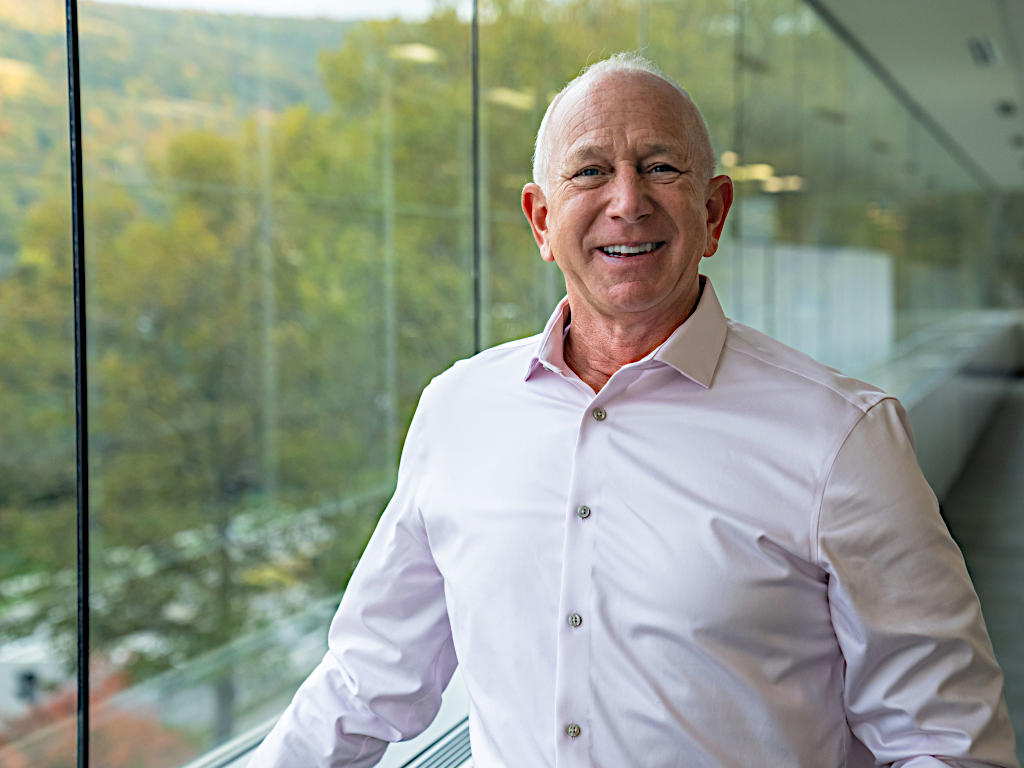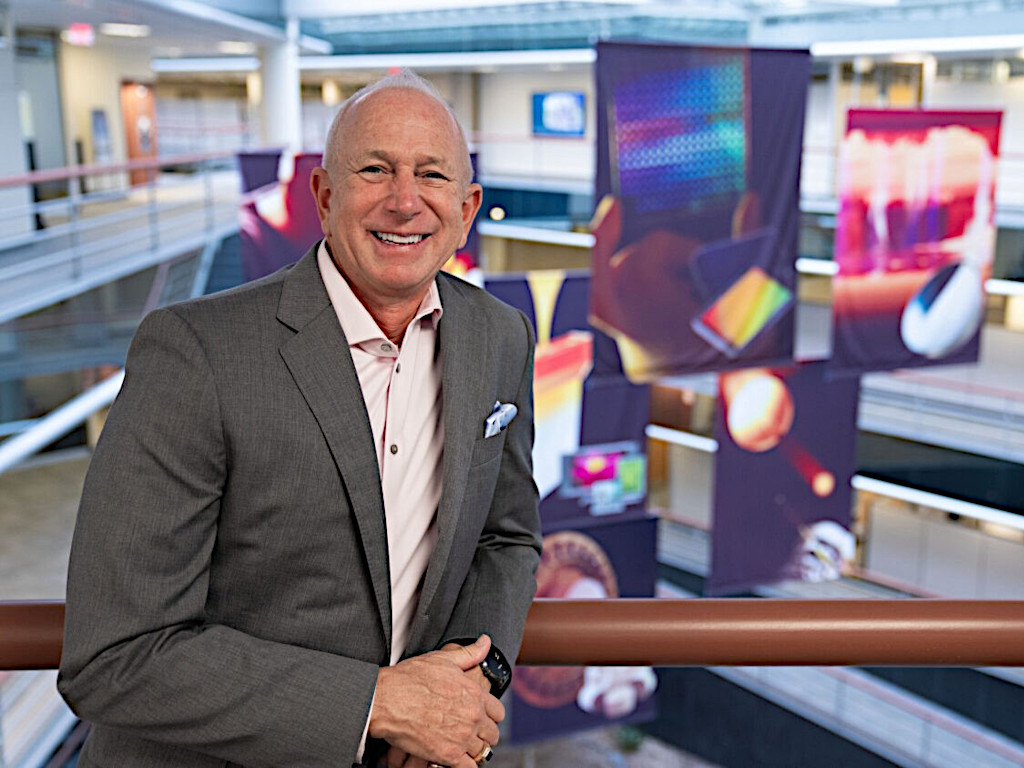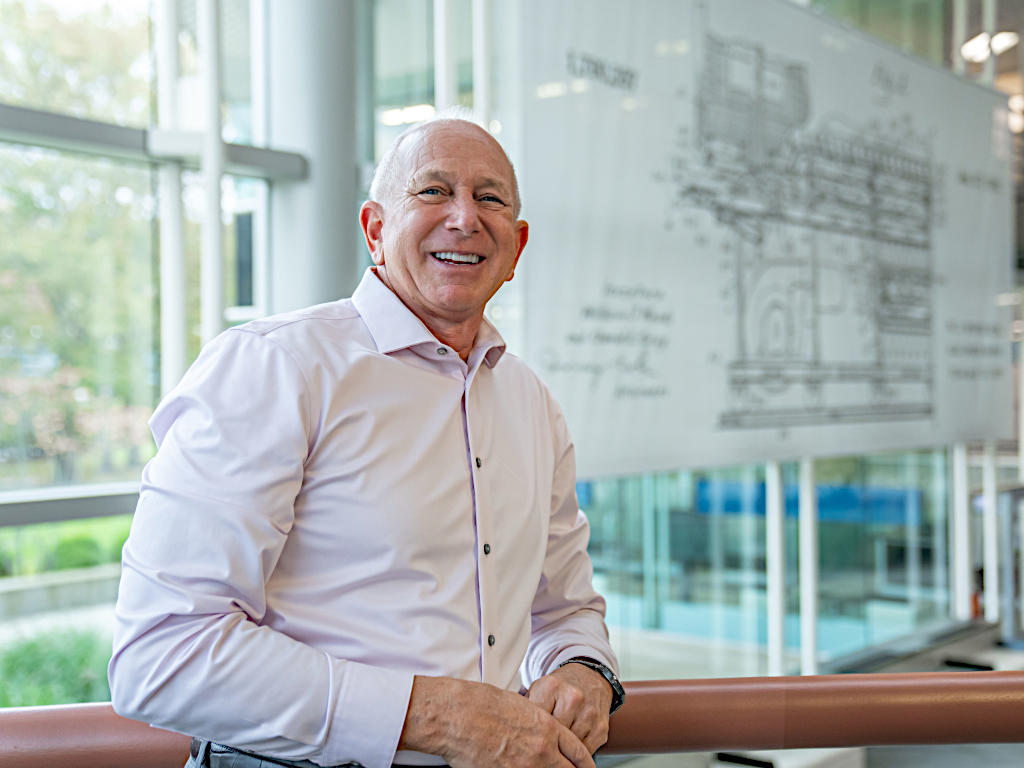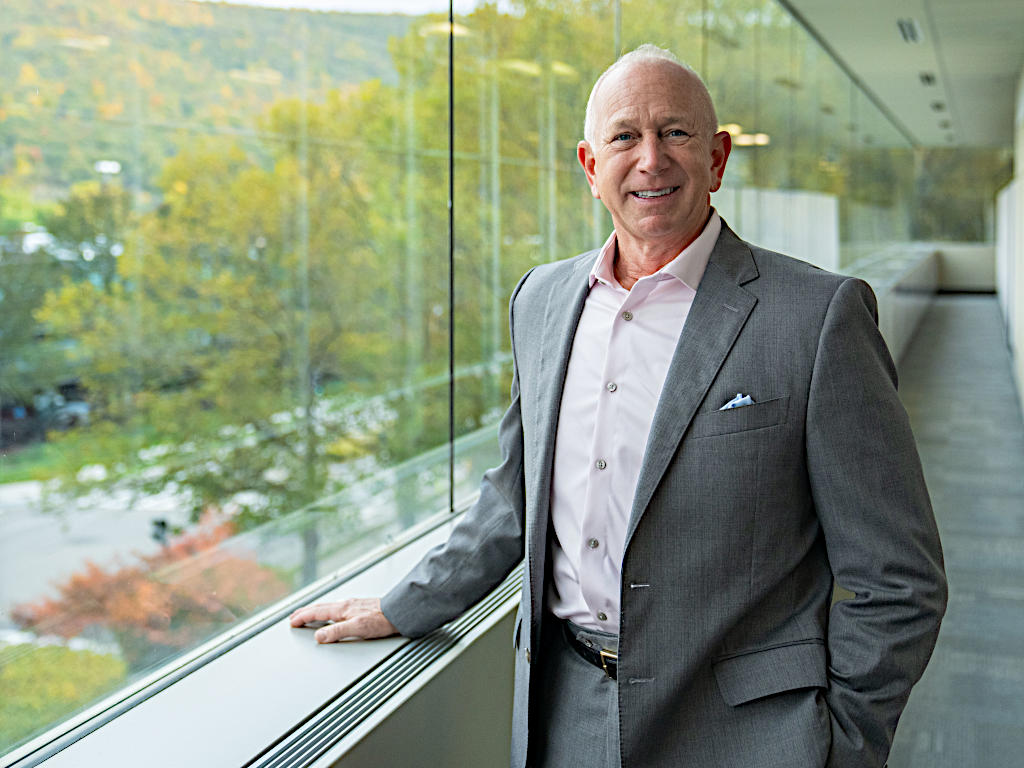GW: With more and more automation being introduced into glassmaking, is the balance between revolutionising the manufacturing process versus optimising workforces correct?
Because of the mix of legacy and newer processes in our operations, we must be thoughtful about when and how we apply automation. With newer processes, we leverage the best-available automation, installed by our best-in-class talent, using the latest technologies which are tailored to specific operations in all facilities. While there will always be opportunities to do more or go faster, it’s more important that we look for the right return on investment, which is influenced by the different markets we serve and the prevailing balance between growth and stability of legacy operations.
GW: What are your views on how glass manufacturers and technology suppliers should work together, and can you share any good examples of such alliances?
We do more than just supply glass. Corning has deep relationships with our customers, who themselves, very often are leaders in their markets. We add value to these relationships with our deep technical understanding of their designs and applications as well as our deep history with glass and materials. Frankly, I don’t know that every company is able to do this the way we can, so I cannot say that this is the model, but I know it’s worked well for us.
GW: Do you have committee roles with any trade associations and do you believe such organisations have an important role to play in the industry?
While I’m not directly involved with trade or industry organisations, they play a critical role in the glass industry overall. Outside of Corning, I focus my efforts on working with several universities on growing their engineering capabilities and preparedness for various industries.
GW: What do you consider to be the future for glass as a material in the long term? And what will Corning’s role be in the decades to come?
Glass is arguably one of the most transformative materials of all time, and Corning has played a significant role over the course of its history in building that legacy. Glass is a ubiquitous material that plays a central role in our day-to-day lives. We interact with glass screens on our computers and smart phones, take photographs through glass lenses, transmit and receive information through glass fibres, protect materials in glass covers and containers, and incorporate decorative and functional glass elements into our homes.
Innovation has been the foundation of Corning’s ability to grow and change over the last 170 years. I strongly believe that Corning will continue to play a leading role in the glass and materials space to develop life-changing innovations for many decades to come.





